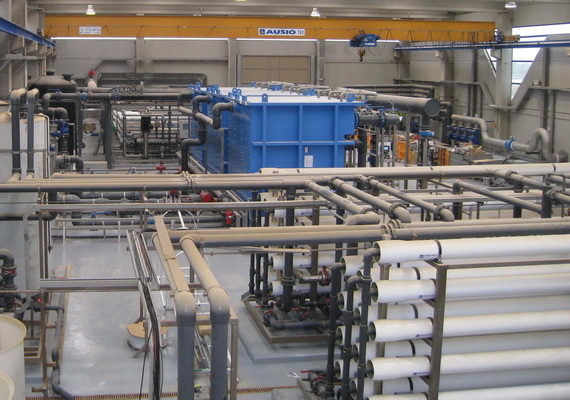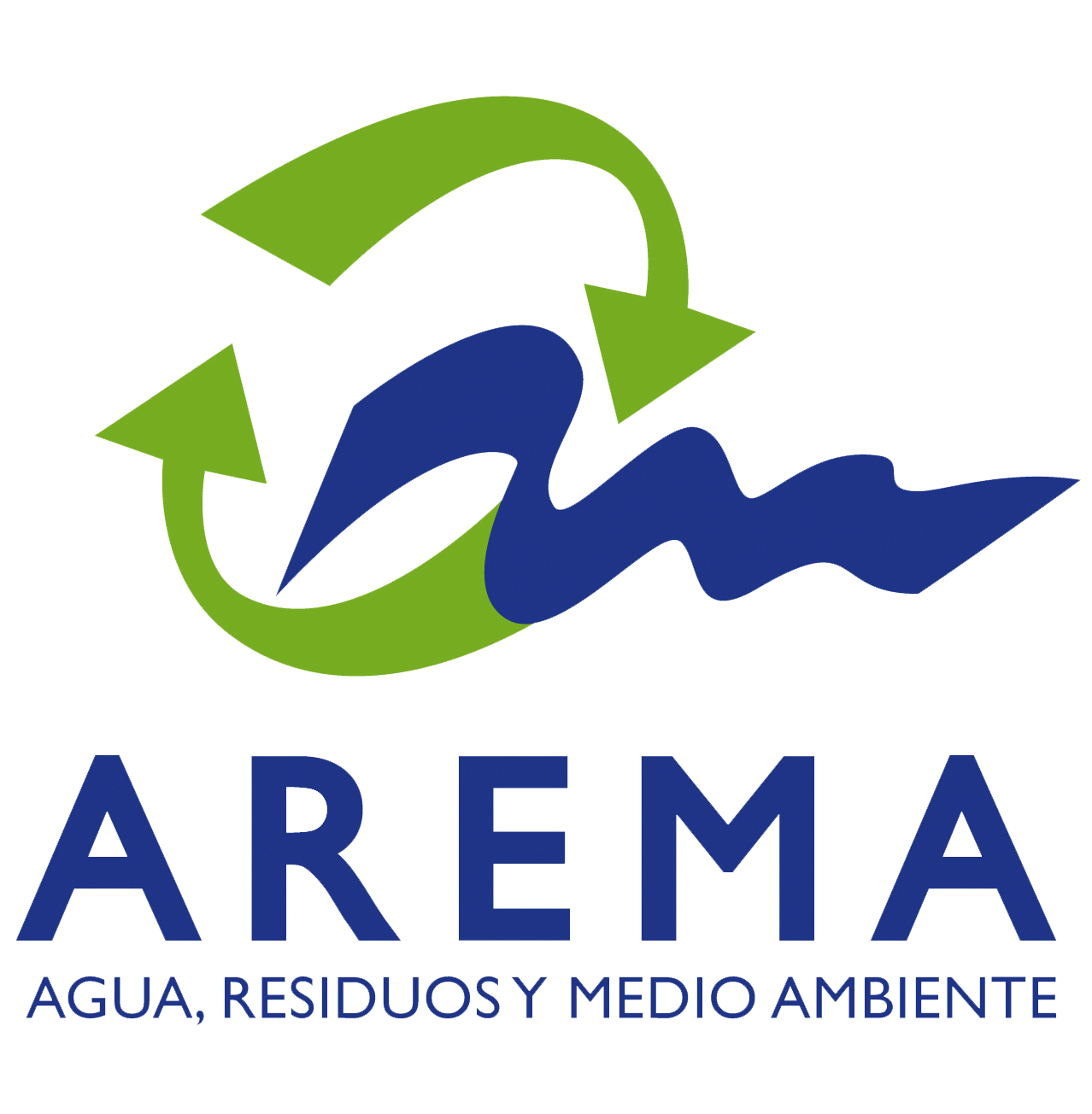Regenerated water is a key factor in the overall management of resources, that can be destinated to a wide range of applications such as irrigation, environmental uses, groundwater recharge, industrial uses, street cleaning, the firefighting systems or water for use in construction.
AREMA executes water regeneration treatments of all kinds, combining coagulation and flocculation processes, filtration and disinfection; as well as advanced membrane treatment processes (UF, RO), for cases where water requires maximum quality, like for example for the recovery of aquifers, or also through reversible electrodialysis (EDR) for cases where it is necessary to reduce the content of salts in order to use the water for example in agricultural irrigation.
 REGENERATION OF URBAN WASTEWATER
REGENERATION OF URBAN WASTEWATER 
Pioneering worldwide project of regeneration of urban wastewater for aquifer recharge and fight against saline intrusion.
- Regeneration of 20,000 m3/day in the wastewater treatment plant of Baix Llobregat, Barcelona, Spain, and injection in the aquifer through 14 wells to build a positive hydraulic barrier against saline intrusion.
- Regeneration of 4,320 m3/day in the wastewater treatment plant Villas de Nuestra Señora de la Asunción, Aguascalientes, Mexico, and injection in the aquifer through 3 injection wells to reduce the groundwater level depletion.
 REGENERATION OF INDUSTRIAL WASTEWATER
REGENERATION OF INDUSTRIAL WASTEWATER
Execution of one of the biggest installations in Europe of industrial wastewater regeneration.
- Regeneration of 13.440 m3/day of industrial wastewater to reuse it both in the production process and into the recovery of the Tordera river aquifer, Spain.


